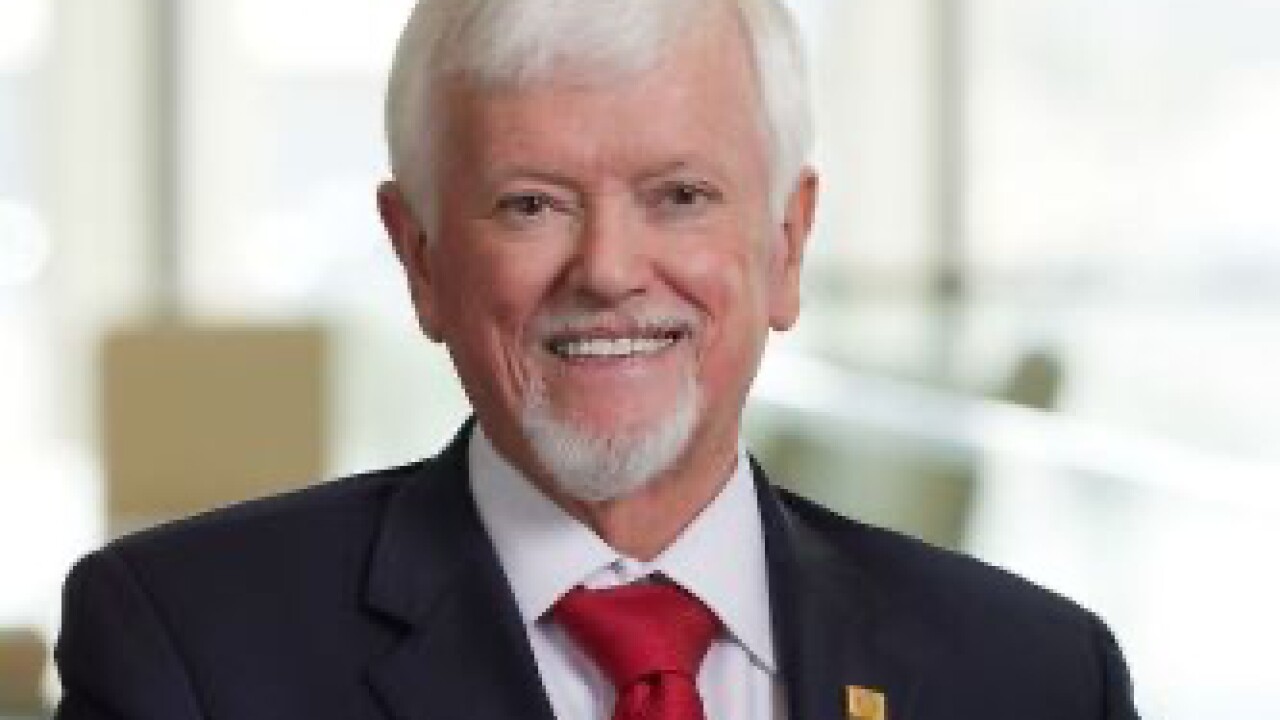Wall Street bankers are not happy, and for a good reason. First, both presidential candidates in this unpredictable campaign season
In a surprising move, the Fed recommended removing statutory provisions that authorize big banks to operate in-house private equity funds and to run physical commodity empires. Though carefully avoiding any reference to restoring Glass-Steagall, the Fed nevertheless took a crucial step in the direction of much-needed restructuring of the U.S. financial sector. Now, the next presidential administration — whoever is at its helm — has a concrete set of regulator-backed legislative measures on which to start building its Wall Street reform agenda.
The Fed's recommendation is part of a long-awaited multiagency report that Congress mandated with Dodd-Frank back in 2010, in an effort to get a clearer picture of what exactly our banks had been doing to grow so big and risky. U.S. bank regulation has traditionally been based on the fundamental principle of keeping banking separate from any and all nonbanking, commercial business. Strict activity limitations are designed not only to protect publicly insured banks from unnecessary risks, but also to ensure that banks allocate credit to commercial firms in a fair and efficient manner.
With the passage of Gramm-Leach-Bliley, however, the traditional legal separations between publicly subsidized banking and general commerce became much fuzzier and harder to police. The 1999 law authorized formation of big bank conglomerates with wide-ranging powers not only to trade and deal in securities and other risky financial instruments, but also to invest in purely commercial companies.
For example, under the so-called merchant banking authority, big banks were allowed to set up proprietary private equity operations and to acquire ownership of any company they saw as a profitable portfolio investment. Another vaguely worded statutory provision gave big banks like Goldman Sachs and Morgan Stanley a virtually unlimited "grandfathered" authority to own and operate coal mines, oil pipelines and tanker fleets, simply because they happened to run some smaller-scale physical commodity businesses before Sept. 30, 1997.
In the report, the Fed discusses in great detail both these and other legal provisions that partly explain why Wall Street banks are so large, complex and fragile today — or why they don't even look like banks any more. (The report was issued jointly with the Federal Deposit Insurance Corp. and Office of the Comptroller of the Currency, each of which offered their own separate recommendations.)
The Fed also details various regulatory tools for monitoring and controlling the potential risks of those activities. On banks' merchant banking and grandfathered commodity activities, the Fed goes further, concluding that these present unjustifiably high risks to banks' own safety and soundness and to the country's long-term financial stability, and thus should be prohibited.
While the Fed's principal concern is with potential catastrophic losses and environmental disasters — think Deepwater Horizon — it also notes important concerns with market integrity, competition and broader political economy. We already know how Goldman Sachs' metal warehousing business, a grandfathered commercial activity, caused
What we don't know yet is how far these corrosive effects of allowing Wall Street to accumulate too much power over the flow of vital physical commodities and goods are likely to extend into the very fabric of our economy and our polity. It is sobering to hear the country's most powerful financial regulator admit that it simply cannot guarantee that nothing bad would happen on its watch unless these bank activities are disallowed just as they were before 1999.
My support for the Fed's position comes from years of research and analysis of these issues. Since 2012, I've written
The big banks also will claim that banning them from commercial activities would deprive the real economy of vital capital that only banks can provide. It's easy to say such things without any real data — or cost-benefit analyses of their own — to show that big banks' private equity investments are truly indispensable to the creation of new nonfinancial jobs in the most capital-starved sectors of the real economy.
The Fed has issued a challenge, and Wall Street is bound to respond. It is critical that those at both ends of the political spectrum who support the idea of making banks safer and more manageable join forces in support of the Fed's courageous move.
Saule T. Omarova is a professor of law at Cornell University who has published extensively on the subject of bank derivatives and commodity activities.





